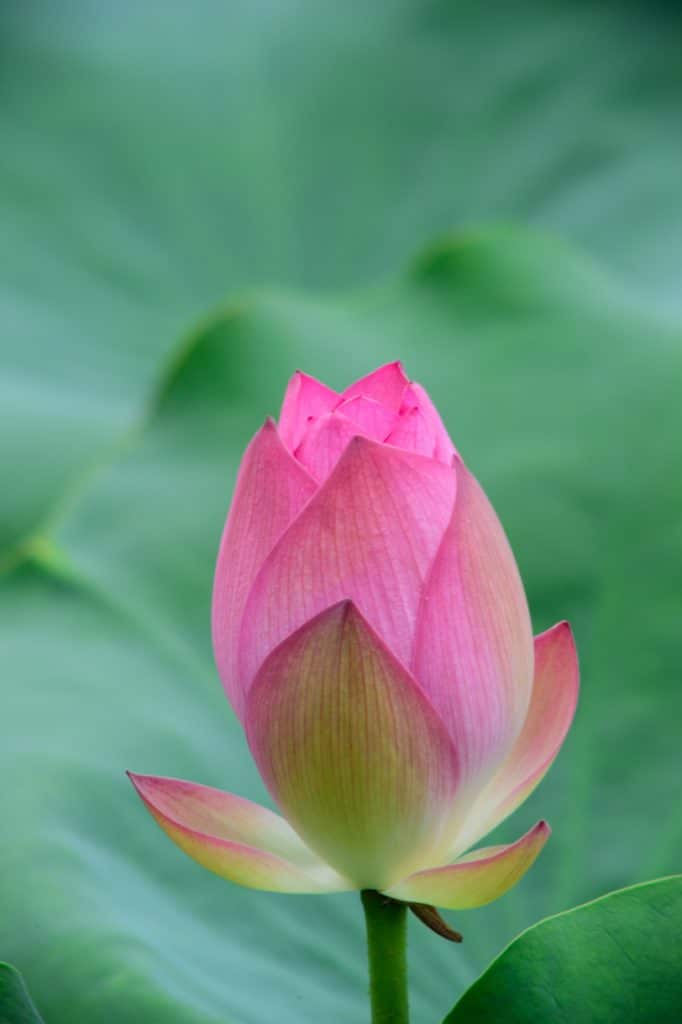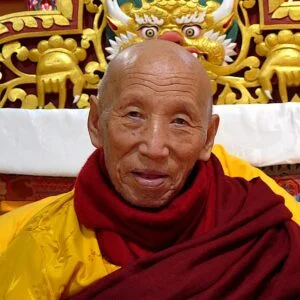Purposeful Teachings Address Needs
Every one of the Buddha’s teachings has a purpose–each one suits the needs of a particular person. When we examine teaching, we should ask if it is relevant, or meaningful. Phakchok Rinpoche reminds us that in Tibetan Buddhism, we practice nine yānas or “vehicles”. Each has a different view, meditation, and conduct–and we integrate those in our practice. Moreover, we actually have a commitment not to criticize other spiritual paths. Of course, we encourage debate and asking questions–but according to the Buddhist tradition, we should not condemn other beliefs.
Why is not criticizing so crucial? In the view of higher yānas, respect and pure perception are vital. We understand that everything has a good purpose. We train ourselves to see all beings with compassion and discover the natural goodness behind everything. When we see everything purely, we offer the opportunity for improvement.
 We no longer see things as solid and fixed–and impure. But of course, practicing in this way can be difficult–we may forget. This outlook goes against our normal behavior, doesn’t it? Generally, we are quick to criticize or to disparage others with who we disagree, aren’t we?
We no longer see things as solid and fixed–and impure. But of course, practicing in this way can be difficult–we may forget. This outlook goes against our normal behavior, doesn’t it? Generally, we are quick to criticize or to disparage others with who we disagree, aren’t we?
Non-Sectarianism and Purposeful Teachings
Our goal needs to change to one of non-sectarianism. When we talk with other types of practitioners, we should always be respectful. Rinpoche explains that his own teacher, Nyoshul Khen Rinpoche described all improvements as a “way of solving human problems”. Cars, planes, houses, medicine–all of these were developed to help humans live more comfortably. Similarly, Nyoshul Khen Rinpoche observed that all religions came about to serve the needs of people.
That’s an unusual view, isn’t it? Don’t we naturally think that our way is right and others are wrong? But can we accept that other purposeful teachings are important to us all? Can we see that everybody may need a slightly different approach?
Instead, from the very beginning of our study, Rinpoche advises us to change that habitual thinking. Let’s approach our study with open minds, making an effort not to be segmented. Adopt a non-sectarian attitude. That’s Rinpoche’s hope for us as we proceed along the path.
Reflection Exercise:
Take some time over the next few days to observe your own critical thinking. Do you jump to conclusions without knowing all the facts? This week, see if you can catch yourself when you start to criticize others when they state their beliefs.
Can you ask questions and be open to the answers? Look for the good, the purity in other points of view. Can you notice how people may derive benefit from beliefs different from your own?










Responses